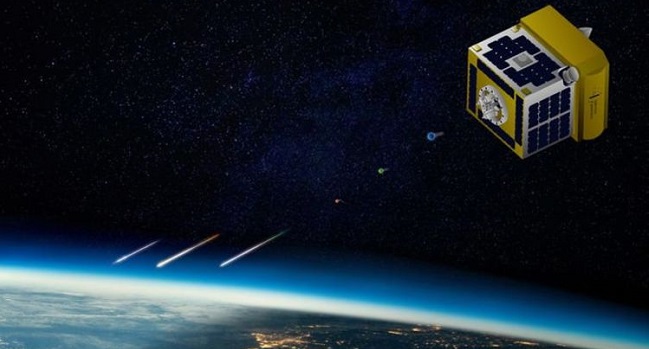News
Japan develops world’s first satellite which could fire artificial ‘shooting stars’ into the sky

A Japanese company is gearing up for the world’s first artificial meteor shower as it will send a satellite into space to produce a galaxy of shooting stars into Earth’s atmosphere.
Tokyo-based startup Astro Live Experiences (ALE) has created a micro-satellite which will be placed into Earth’s orbit and release 400 tiny pellets which replicate shooting stars as they hit the planet’s atmosphere.
The satellite, known as ALE-2, will also be able to produce different colours.
CEO Okajima Lena said: “With this launch, we are a step closer to realise the man-made shooting star. Please look forward to the world’s first demonstration we are aiming in 2020, which will be a major milestone for ALE.
READ ALSO: Patient creates mobile app to help with breast cancer treatment
“I’m pleased to have Rocket Lab for a partner, they have 100 percent mission success heritage for their customers.”
Once ALE-2 is in Earth’s orbit, ALE will begin conducting “operational tests” on the satellite, with plans for the ‘meteor display’ to take place in early 2020.
ALE said on its website: “Finally, in 2020, we will demonstrate the world’s first man-made shooting star. Details of the demonstration location are currently under consideration. We will announce this as soon as it is confirmed.”
Join the conversation
Support Ripples Nigeria, hold up solutions journalism
Balanced, fearless journalism driven by data comes at huge financial costs.
As a media platform, we hold leadership accountable and will not trade the right to press freedom and free speech for a piece of cake.
If you like what we do, and are ready to uphold solutions journalism, kindly donate to the Ripples Nigeria cause.
Your support would help to ensure that citizens and institutions continue to have free access to credible and reliable information for societal development.
























